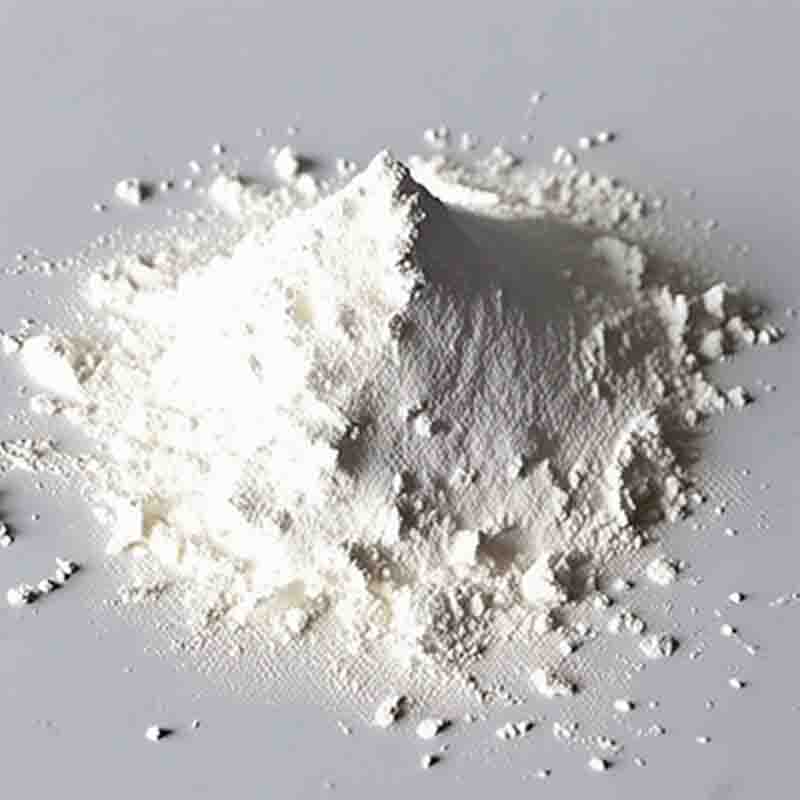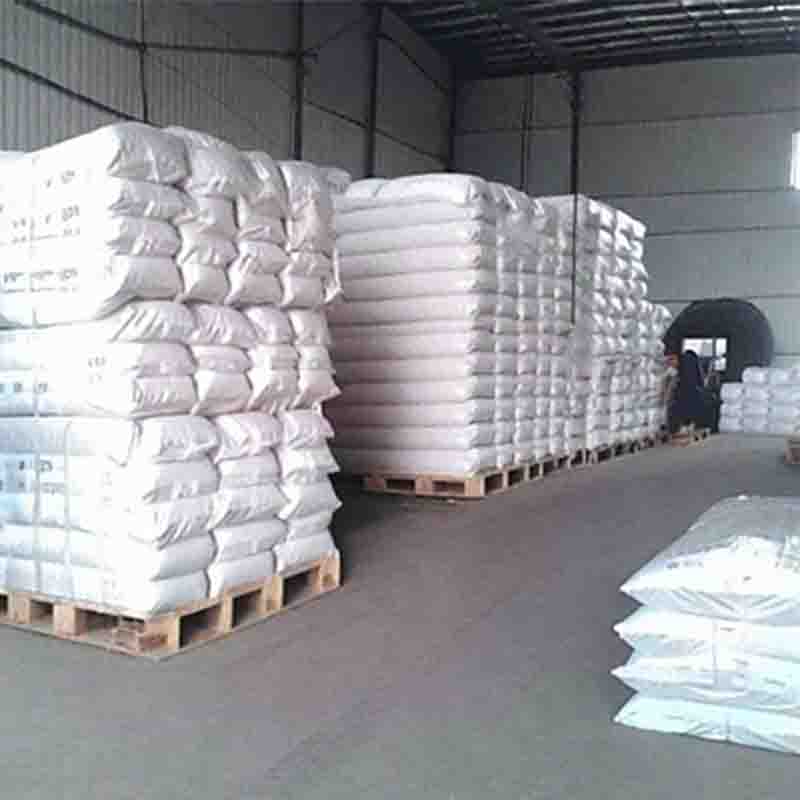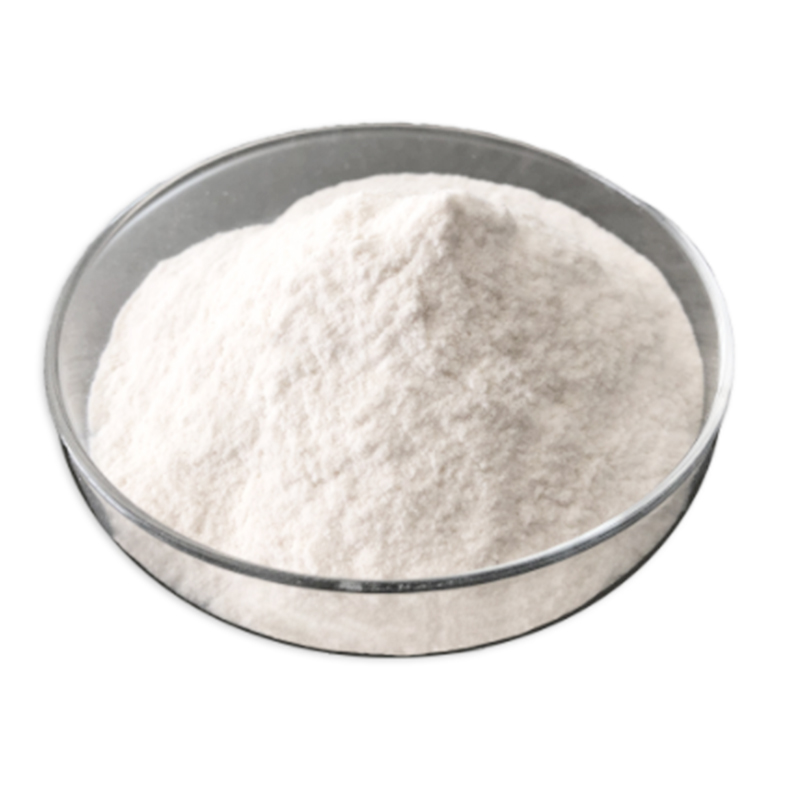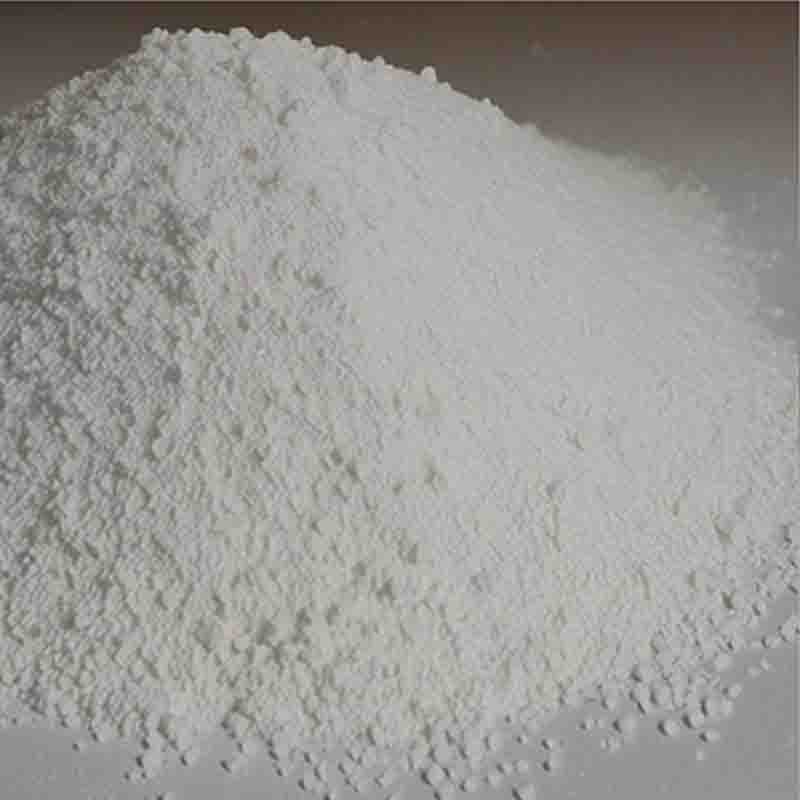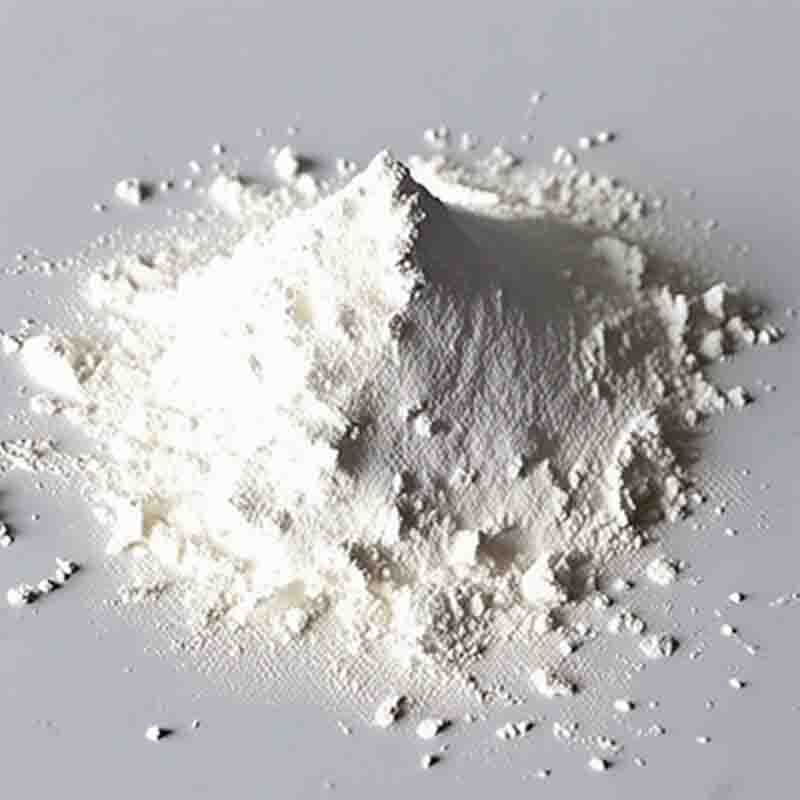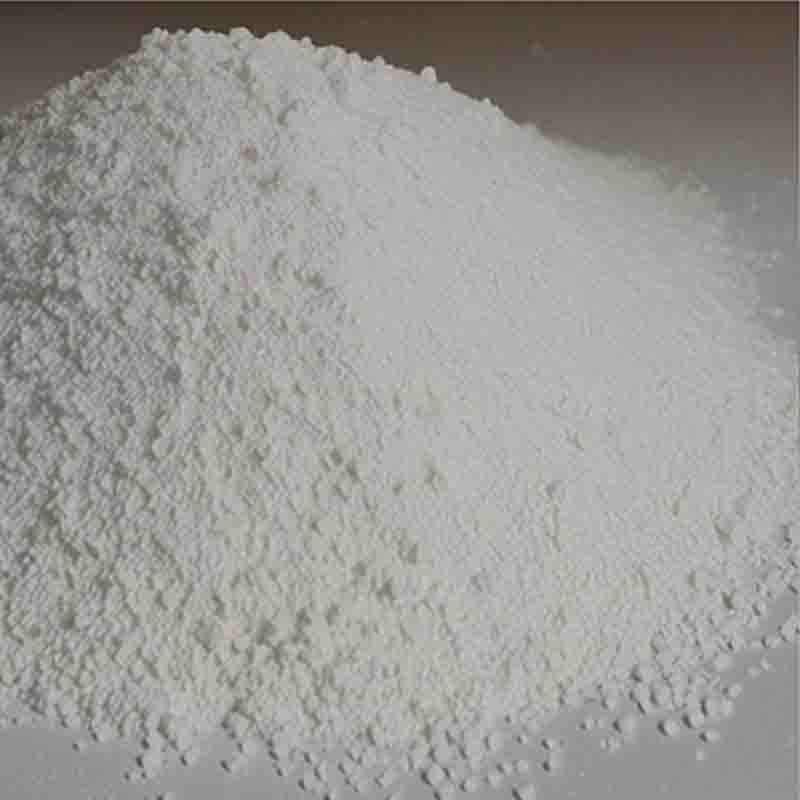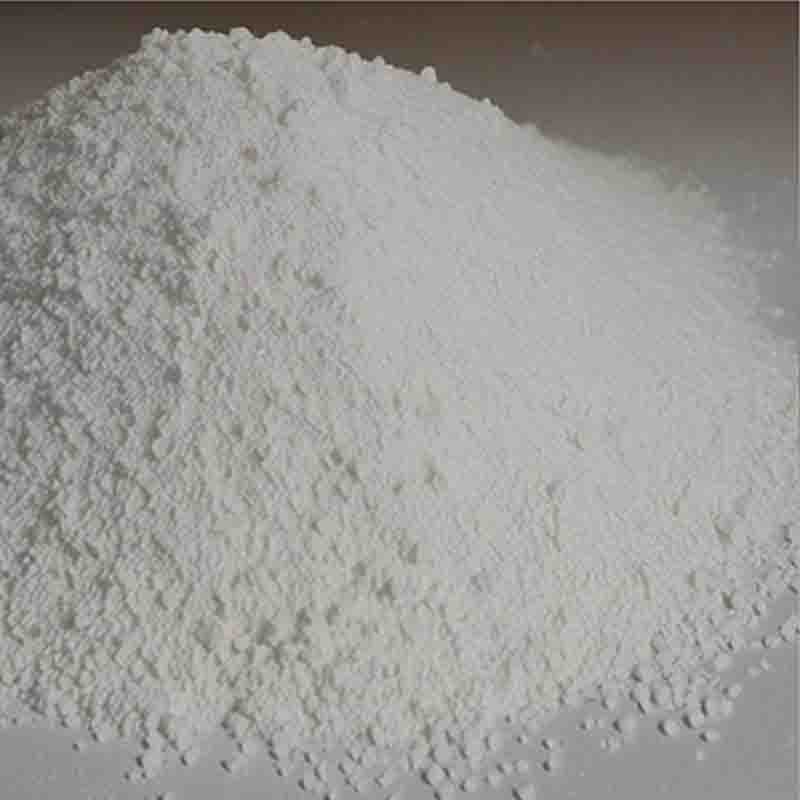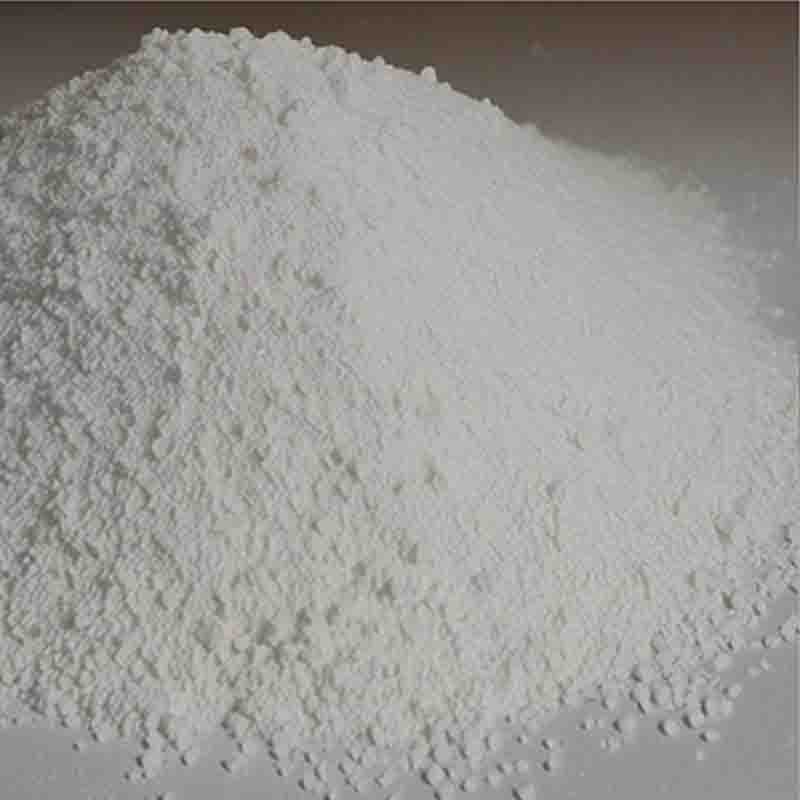n-Butanol CAS: 35296-72-1
| Catalog Number | XD93873 |
| Product Name | n-Butanol |
| CAS | 35296-72-1 |
| Molecular Formula | C4H10O |
| Molecular Weight | 74.12 |
| Storage Details | Ambient |
Product Specification
| Appearance | White powder |
| Assay | 99% min |
n-Butanol, also known as normal butanol or n-butyl alcohol, is a colorless, flammable liquid with a distinctive alcohol-like odor. It is a versatile alcohol compound that finds application in various industries due to its unique properties and chemical characteristics.One of the primary uses of n-butanol is as a solvent. It has the ability to dissolve many organic and inorganic substances, making it useful in industries such as paints, coatings, adhesives, and cleaners. In the paint and coating industry, n-butanol is commonly used as a solvent for resins, pigments, and dyes, allowing them to be easily applied and spread. It also acts as a viscosity modifier, improving the flow properties of the coatings. In the adhesive industry, n-butanol is used as a solvent for polymers, facilitating the bonding of different materials. Furthermore, it is used as a solvent in cleaning products to dissolve stubborn stains and grease.Another significant application of n-butanol is in the production of plasticizers. Plasticizers are chemicals that are added to plastics to improve their flexibility, durability, and workability. n-Butanol is used in the manufacturing of phthalate-based plasticizers, which are widely used in flexible PVC products such as cables, flooring, and artificial leather. It acts as a reactant during the esterification process, forming phthalate esters that make the plastics more pliable and versatile.Additionally, n-butanol is utilized in the production of coatings and resins. It is a key ingredient in the synthesis of various types of resins, such as acrylic, polyurethane, and cellulose-based resins. These resins are used in the production of paints, lacquers, varnishes, and printing inks. n-Butanol helps in dissolving and dispersing the resin components, improving the flow and leveling properties of the coatings.Moreover, n-butanol is used as a raw material in the production of various chemicals. It is a precursor for the synthesis of butyl acetate, which is commonly used as a flavoring agent, solvent, and intermediate in the production of various chemicals. n-Butanol is also used in the manufacturing of pharmaceuticals, synthetic flavors, and perfumes. Its chemical properties and ability to react with other compounds make it a valuable raw material in these industries.It is worth noting that while n-butanol has various industrial uses, it is a flammable and potentially hazardous substance. Proper safety measures should be followed when handling and storing n-butanol, including using appropriate ventilation, wearing protective equipment, and ensuring compliance with regulations and guidelines.In conclusion, n-butanol is a versatile alcohol compound with multiple applications across various industries. Its properties as a solvent, plasticizer precursor, resin component, and raw material make it indispensable in the production of paints, coatings, adhesives, and other chemicals. However, caution should be exercised to ensure safe handling and proper use of n-butanol.


